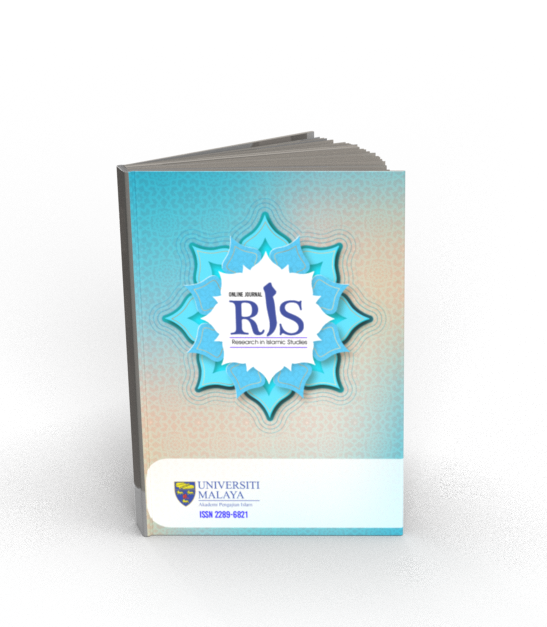Main Article Content
Abstract
This study addresses the problem of identity and the centrality of values and ethics in Western culture and its relationship with politics, which has influenced its historical transformations. The aim of this study is to uncover the pivotal role that politics has played and continues to play throughout history in shifting the centrality of values in Western society, particularly in Europe. Consequently, it examines its capacity to control Western identity and culture willingly according to the desires and ideological orientations of its political system. The research questions this study attempts to answer is: How did politics, assumed to be an outcome of society and culture, manage to become the main player in reshaping the culture and identity of Western society? And why were values and ethics the most important tools in executing this transformation? To answer this question, the study employs a historical approach to investigate the role of politics in the West throughout its long history. It focuses on some contemporary key phenomena that have resulted from this role and their impact on Western identity and culture. These phenomena include anti-Semitism, Islamophobia, xenophobia, and LGBTQ pride. Through this analysis, the study concludes that the Western society's abandonment of its primary role in preserving its moral values and ethics, which constitute its identity and culture, in favor of politics and corrupt politicians and economists, has led to the destruction of the Enlightenment heritage that once elevated the West to its highest civilization. This role will ultimately lead Western society to an inevitable abyss, subject to the laws of civilization and the philosophy of history. This study falls within the methodological field of critical analytical studies. Its core lies in discussing and analyzing the problematic aspects of Western culture, elucidating the historical role of politics in its formation, and revealing the duality of contemporary European moral values and their immense impacts within the comprehensive interactive context.
Keywords
Article Details
Copyright (c) 2023 Online Journal of Research in Islamic Studies

This work is licensed under a Creative Commons Attribution-NonCommercial-ShareAlike 4.0 International License.
Copyright Notice
By submitting manuscripts to the Online Journal of Research in Islamic Studies (RIS), authors agree to transfer copyright to the journal. However, authors may republish their work or grant others permission to republish it; in which case it should be accompanied by a proper acknowledgment that the work was originally published in the Online Journal of Research in Islamic Studies (RIS). The journal adopt CC-BY-NC licence which authors may also share and distribute their article anywhere of non-commercial website, social media and repositories immediately on publication.
Authors may also reuse the Abstract and Citation information (e.g. Title, Author name, Publication dates) of their article anywhere at any time including social media such as Facebook, blogs and Twitter, providing that where possible a link is included back to the article on the journal site.
